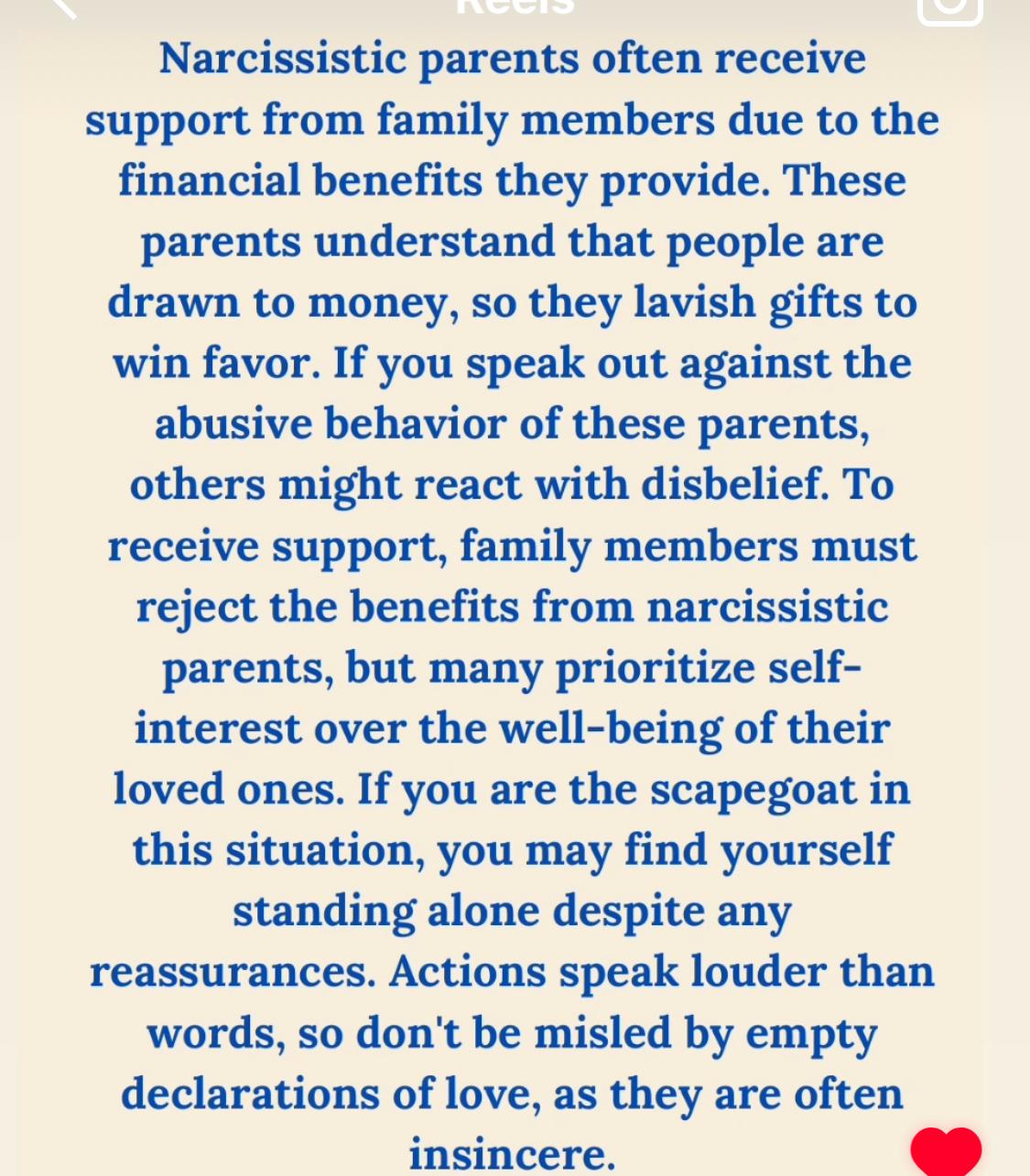In a world that glorifies hustle and endless commitments, the simple act of saying “no” can be a revolutionary step toward reclaiming your time and energy. While society often equates busyness with success, the art of refusal is a subtle yet powerful tool that allows you to prioritize what truly matters. By setting boundaries and declining unnecessary obligations, you open the door to a more intentional and fulfilling life. This article explores the transformative power of saying no, offering insights into how this often-overlooked practice can become a cornerstone for personal growth and well-being.
Mastering the Art of Boundaries: Why Saying No is Essential
In a world bustling with endless demands and constant connectivity, learning to say no becomes an invaluable skill for preserving your well-being and maintaining focus on what truly matters. When you decline requests that do not align with your priorities, you create space for activities that are meaningful and fulfilling. This act of setting boundaries empowers you to take control of your schedule, ensuring that your time is spent on pursuits that align with your goals and values.
- Enhanced Focus: Saying no to distractions allows you to concentrate on tasks that require your full attention.
- Improved Well-being: Protecting your time from unnecessary commitments reduces stress and prevents burnout.
- Stronger Relationships: By clearly communicating your limits, you foster mutual respect and understanding in your interactions.
Embracing the power of no is not about being selfish; it’s about recognizing your own worth and the importance of your time. By mastering this art, you gain the freedom to pursue what truly enriches your life.

Guarding Your Time: Strategies to Decline Requests Gracefully
Mastering the art of declining requests with grace can transform your schedule from overwhelming to manageable. One effective approach is to prioritize clarity and honesty. When a request comes your way, assess whether it aligns with your current priorities. If it doesn’t, politely express your gratitude for the offer and explain your current commitments. This not only maintains your integrity but also reinforces the importance of your time. For instance, you might say, “Thank you for thinking of me, but I’m currently focused on other projects that require my full attention.”
Another strategy is to offer alternative solutions. If you can’t commit to a request, suggest another person who might be interested or propose a different time when you might be available. This shows your willingness to help without compromising your own priorities. You could respond with, “I can’t take this on right now, but I recommend reaching out to [Name], who might be a great fit,” or “I’m unavailable this month, but I’d be happy to revisit this in the future.” By employing these techniques, you not only protect your time but also nurture your professional relationships with respect and consideration.
The Ripple Effect: How Saying No Enhances Your Productivity
Imagine your time as a serene pond. Every “yes” you utter is a stone thrown into that pond, creating ripples that disturb the calm waters. While these ripples may initially seem small and manageable, over time, they accumulate, causing chaos and reducing your productivity. By learning to say “no,” you safeguard your pond from unnecessary disturbances, allowing you to focus on what truly matters. This simple act of refusal can have profound effects on your daily workflow, allowing you to allocate more energy to your priorities and maintain a healthier work-life balance.
- Increased Focus: Saying no to distractions helps you concentrate on your primary tasks, leading to more efficient work and higher quality results.
- Better Time Management: With fewer commitments, you can allocate your time more effectively, ensuring that important projects receive the attention they deserve.
- Reduced Stress: Eliminating unnecessary tasks reduces the mental burden, allowing you to approach your work with a clearer, more relaxed mindset.
By embracing the power of refusal, you set boundaries that protect your time, allowing you to channel your energy into the activities that drive you forward. The art of saying no is not about shutting doors but about opening the right ones, where your efforts will yield the greatest rewards.

Cultivating Self-Prioritization: Making No a Positive Habit
In a world that often equates busyness with success, embracing the art of saying no can be a revolutionary act of self-care. Self-prioritization is about recognizing that your time and energy are finite resources that deserve protection. It’s not just about turning down requests; it’s about consciously choosing what aligns with your goals and values. By doing so, you cultivate a space where you can thrive rather than merely survive.
- Set boundaries: Clearly define what you are willing to take on and communicate it effectively.
- Evaluate commitments: Ask yourself if each opportunity genuinely serves your personal or professional growth.
- Practice mindfulness: Take a moment to reflect before agreeing to new obligations.
Adopting this mindset doesn’t mean shutting out the world; it means opening up to possibilities that truly matter. In saying no, you say yes to what truly enriches your life, creating a positive habit that nurtures your well-being and empowers you to focus on what truly matters.
In Summary
As we navigate the intricate tapestry of our lives, the art of saying “no” emerges as a powerful thread, weaving boundaries that protect our most precious resource: time. Embracing this small yet mighty word can transform the way we engage with the world, allowing us to focus on what truly matters. By consciously choosing where to invest our energy, we cultivate a life of intention and purpose, where every “yes” becomes a deliberate and meaningful choice. So, as you step back into the rhythm of your days, remember the power that lies in those two simple letters. Guard your time fiercely, and watch as the world reshapes itself around the clarity of your boundaries.


































